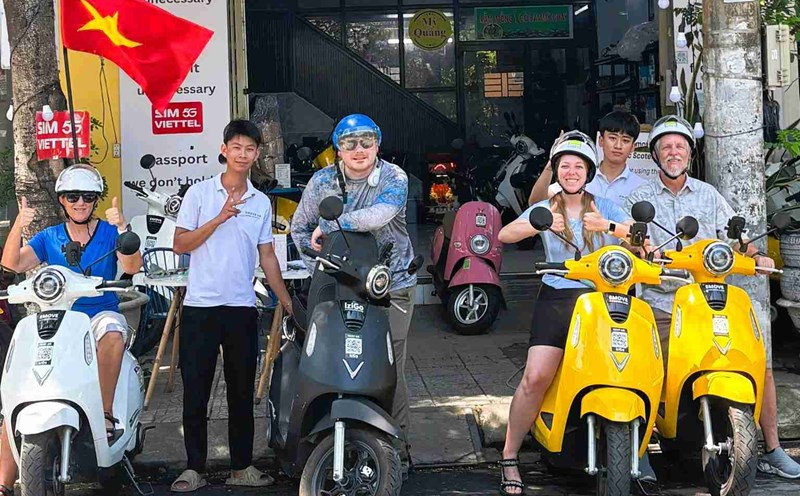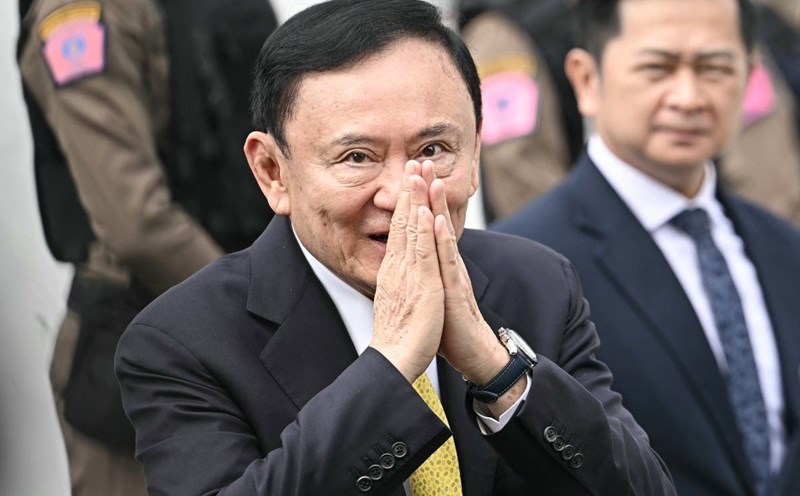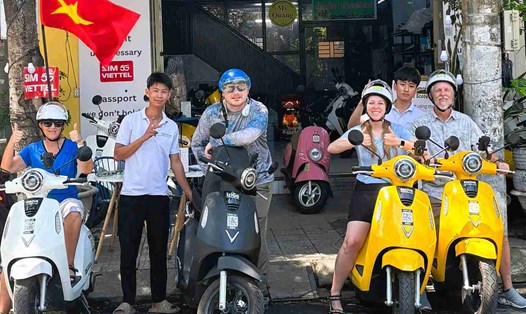Tesla sues customers and bloggers
Normally, automakers handle customer complaints and negative feedback from the media through efforts to publicly connect or resolve internal disputes. However, Tesla has another approach in China: customer feedback negative about defamation.
One of the most notable cases involved Zhang Yazhou - who claimed that the brake failure on the Tesla Model 3 caused an accident that required her parents to be hospitalized.
Tesla denied the allegations and sued Zhang for defamation. A Chinese court has asked Zhang to pay more than $23,000 in damages and issue a public apology. Zhang's case is being appealed.
Tesla has filed at least six defamation lawsuits against customers who have reported vehicle incidents and additional lawsuits against articles and bloggers who have written criticism of the company. In all cases where a verdict has been issued, Tesla has won the lawsuit.
In addition to defamation lawsuits, Tesla has also won a customer lawsuit against the company over vehicle errors or contract disputes. Of the 81 lawsuits that the owner brought Tesla to court, only 9 led to victory for the plaintiff.
The method of suing bloggers is not only applied at Tesla but also applied in some Chinese electric vehicle enterprises such as BYD, Nio and Li Auto. However, Tesla has attracted more attention as it is ready to sue individual vehicle owners.
McDonald's and the longest lawsuit in UK history
The American fast food giant McDonald's has sued Helen Steel, David Morris and 3 others over a leaflet they distributed that criticized the company's operations. In the famous case in the 1990s, the other three apologized and were withdrawn from the lawsuit, except for Steel and Morris.
In the 762-page verdict, Justice Bell denied the allegations in the leaflet that McDonald's was held accountable for hunger in developing countries or used deadly toxins to destroy large areas of tropical rainforests.
Helen Steel Judge David Morris defamed McDonald's, forcing the two to pay around £60,000 (about $81,400 at the current exchange rate), then reduced it to around £40,000 (about $54,300) in appeal.
The two refused to pay and McDonalds also did not seek their compensation.
Steel is a part-time shift worker with a maximum salary of £65 a week, while Morris is an unemployed letter carrier. At that time, McDonald's' global sales reached about 30 billion USD.
In the case, a fighting fund worth about £40,000 (about $54,040) from public contributions was used to pay for plane tickets for witnesses, court fees and other costs.
In contrast, McDonald's has a strong team of top lawyers and has to bear an estimated legal costs of up to £10 million (about $13.51 million).
The trial lasted 2 and a half years. The trial minutes are about 20,000 pages long and contain about 40,000 pages of documentary evidence, while about 130 witnesses have given statements, 59 for the defendant and 71 for McDonalds.








